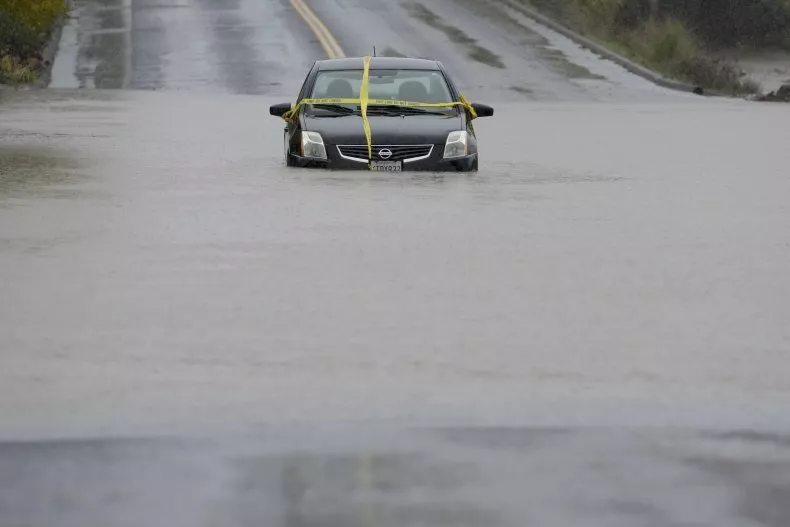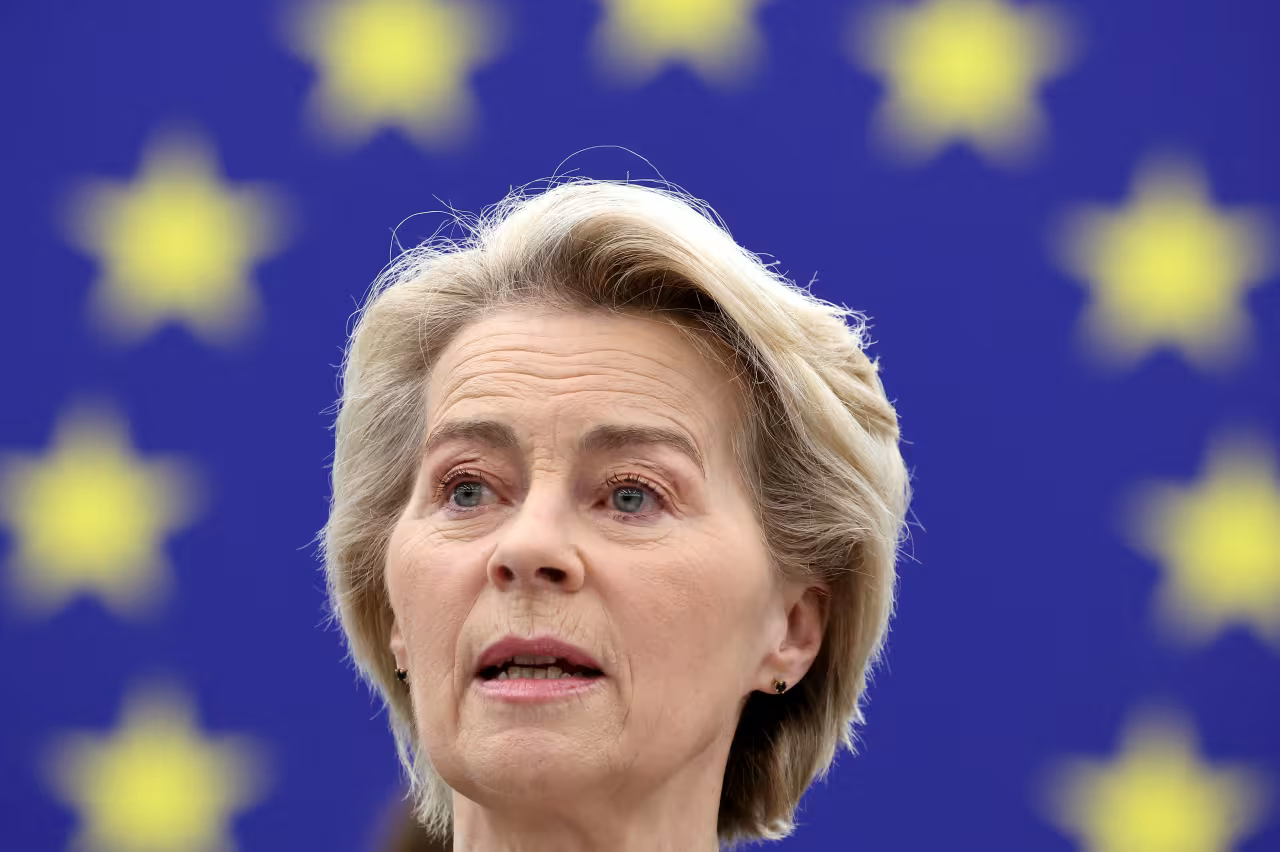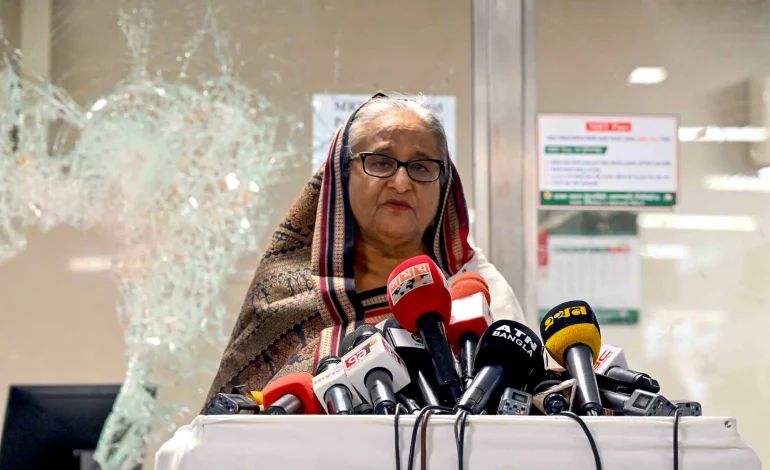Bangladesh has escalated its efforts to bring former Prime Minister Sheikh Hasina to justice, adding new allegations of corruption to an existing probe and formally requesting India to extradite her, Bloomberg reports.
The move threatens to strain relations between the two South Asian nations.
The Anti-Corruption Commission (ACC) announced on Thursday that it would investigate Hasina and five of her family members for allegedly misappropriating government land in Purbachal, a residential area on the outskirts of Dhaka. This comes on top of an ongoing investigation into their alleged embezzlement of $5 billion related to the Rooppur nuclear power plant, a project being built by Russia’s Rosatom. The existing probe also implicates Hasina’s son, Sajeeb Wazed, and her niece, Tulip Siddiq, a UK city minister who has denied any involvement.
Hasina resigned from her post as Prime Minister in August following weeks of mass protests demanding her ouster. She subsequently fled to New Delhi. In October, the Dhaka-based International Crimes Tribunal issued an arrest warrant for Hasina. This week, Bangladesh’s interim government, led by Nobel laureate Muhammad Yunus, formally requested her extradition from India to face judicial proceedings in Bangladesh.
While India’s Ministry of External Affairs confirmed it received the extradition request, they have offered no further comment on the matter. Hasina has historically been a close ally of Indian Prime Minister Narendra Modi, who has backed her leadership despite international concerns about human rights abuses and political repression under her 15-year rule.
The new accusations involve Hasina and her family members allegedly “secretly and illegally” acquiring six plots of land with the help of officials from the city development authority, according to Akhtar Hossain, director general of the ACC. The city development authority has not yet responded to requests for comment.
The Rooppur nuclear power project, which has come under scrutiny since Hasina’s departure, is a key component of Bangladesh’s energy strategy. The ACC stated that reports suggest the project has been plagued by “questionable procurement practices related to the overpriced construction.”
Rosatom, in a statement on Friday, said that while they cannot disclose specific financial details, the nuclear plant is “progressing, with key milestones achieved this year.” Hasina’s son, Wazed, has denied the allegations in a social media post.
Hasina has not directly addressed the corruption charges but recently posted on X, formerly Twitter, that “communal harmony is at risk” in Bangladesh and that it is “imperative that we safeguard our nation from these divisive forces by building a humane society.”









